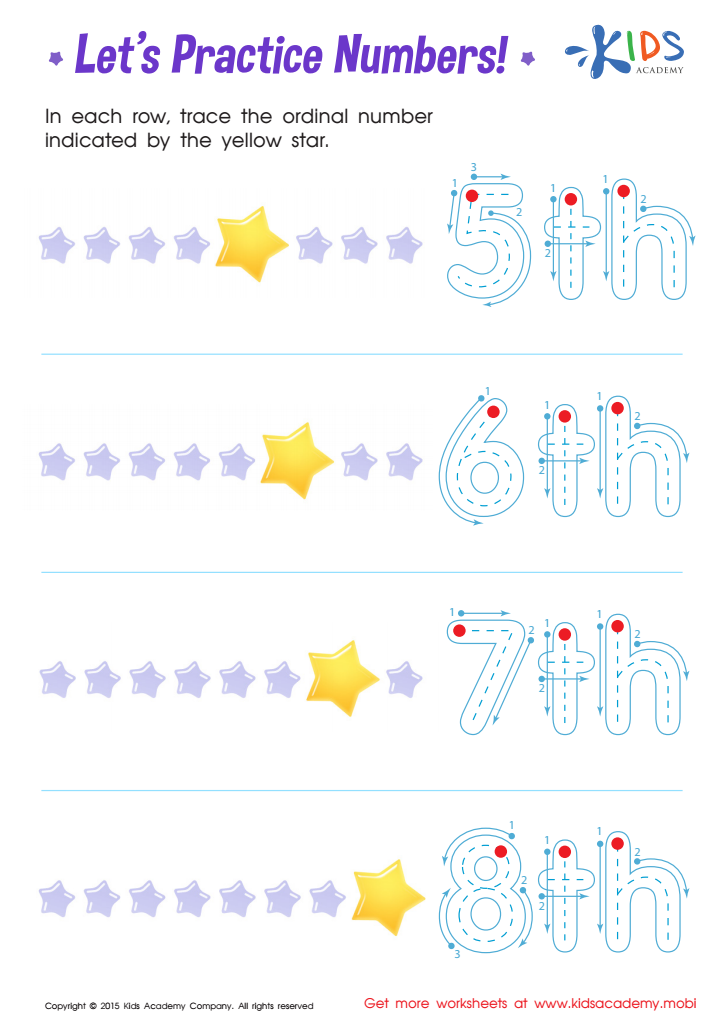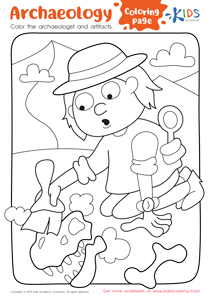Normal Tracing Numbers worksheets activities for Ages 4-5
18 filtered results
-
From - To
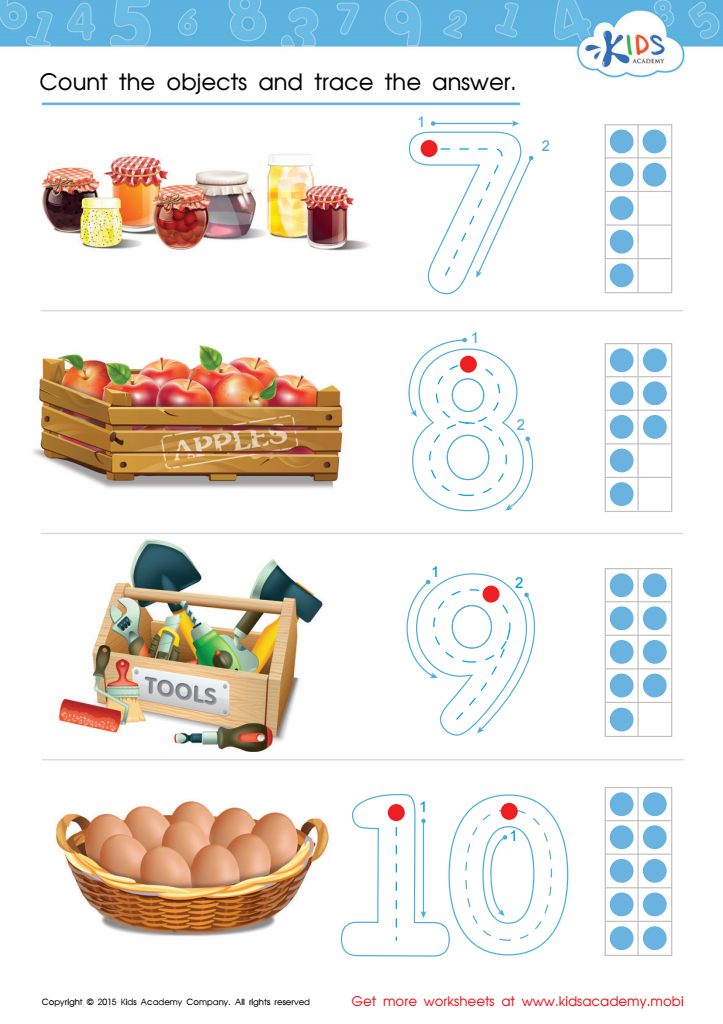

Count and Trace 7 – 10 Worksheet
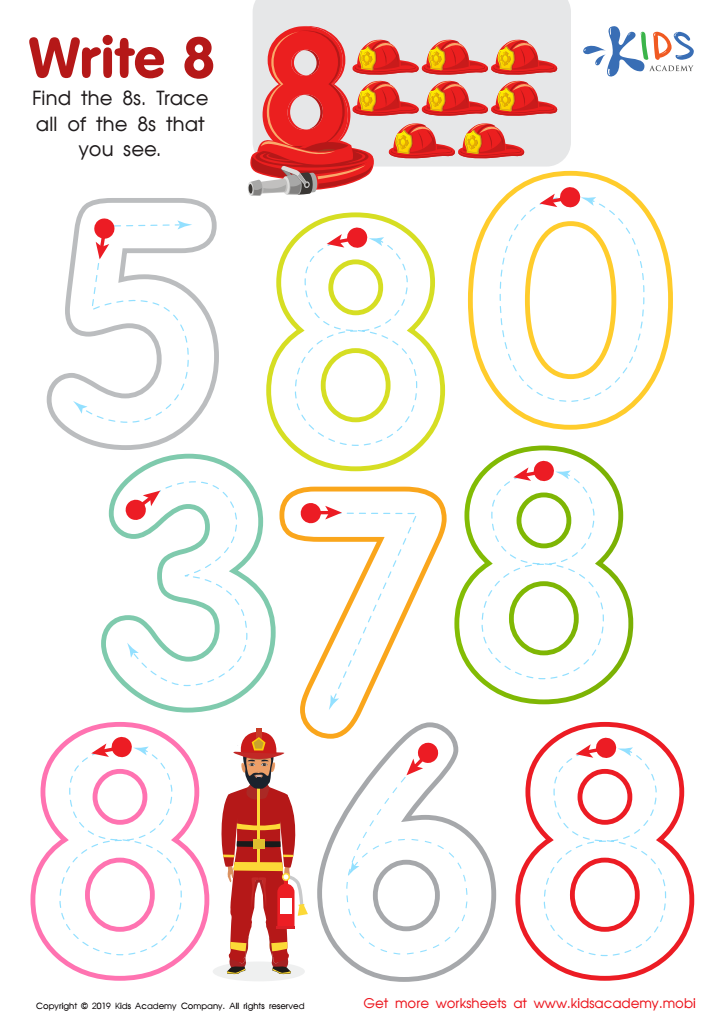

Write 8 Worksheet
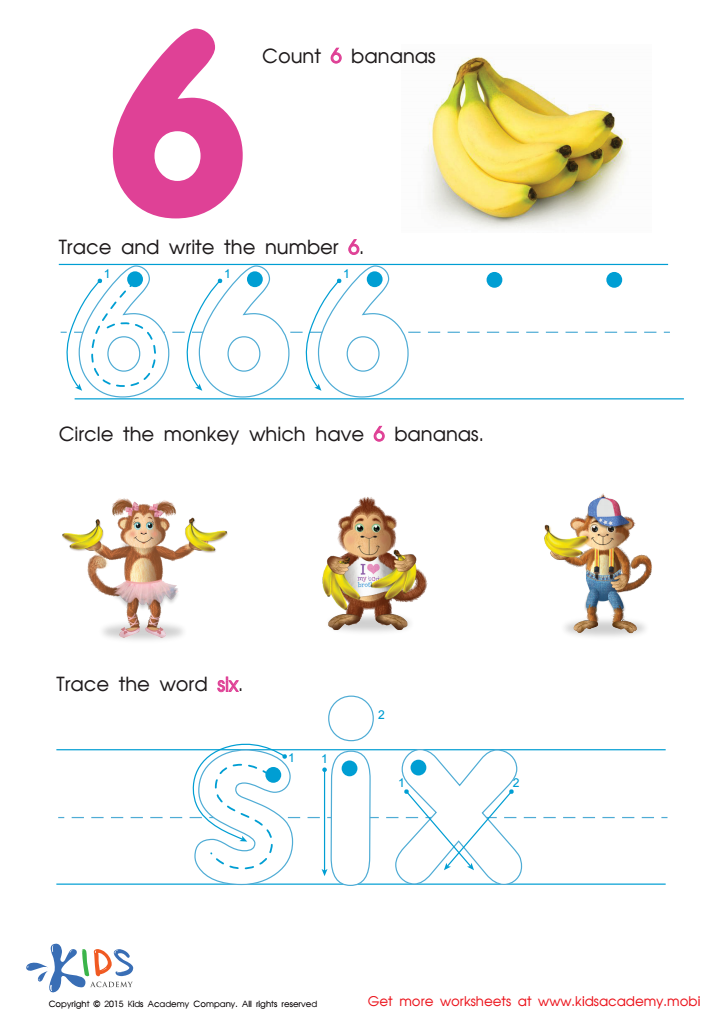

Tracing And Writing Number 6 Worksheet
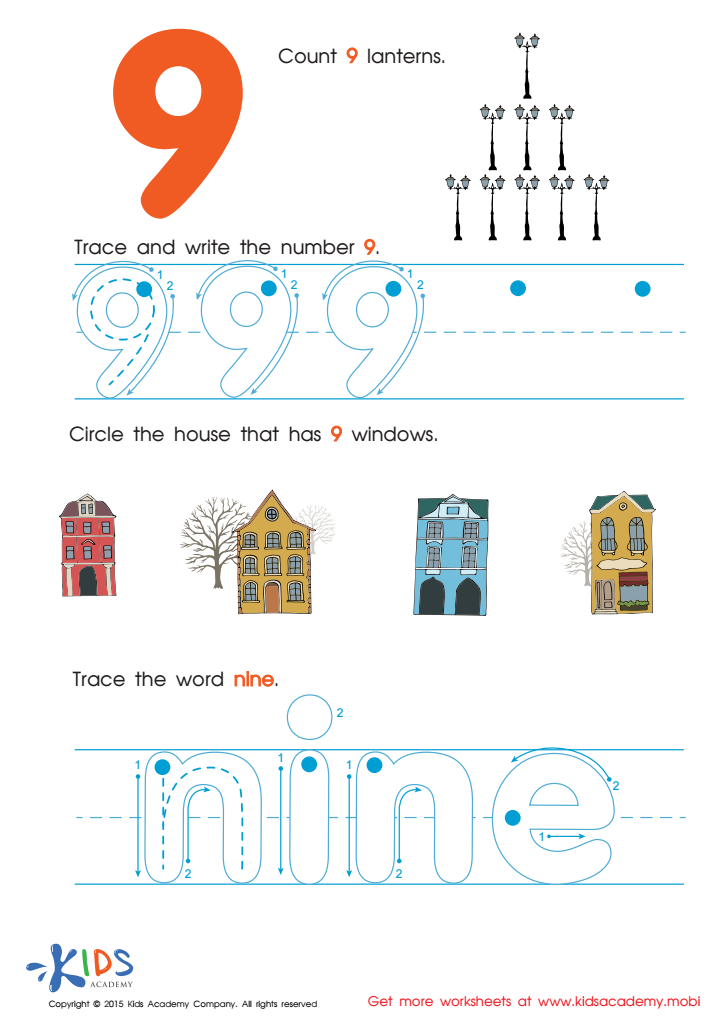

Tracing And Learning to Write Number 9 Worksheet
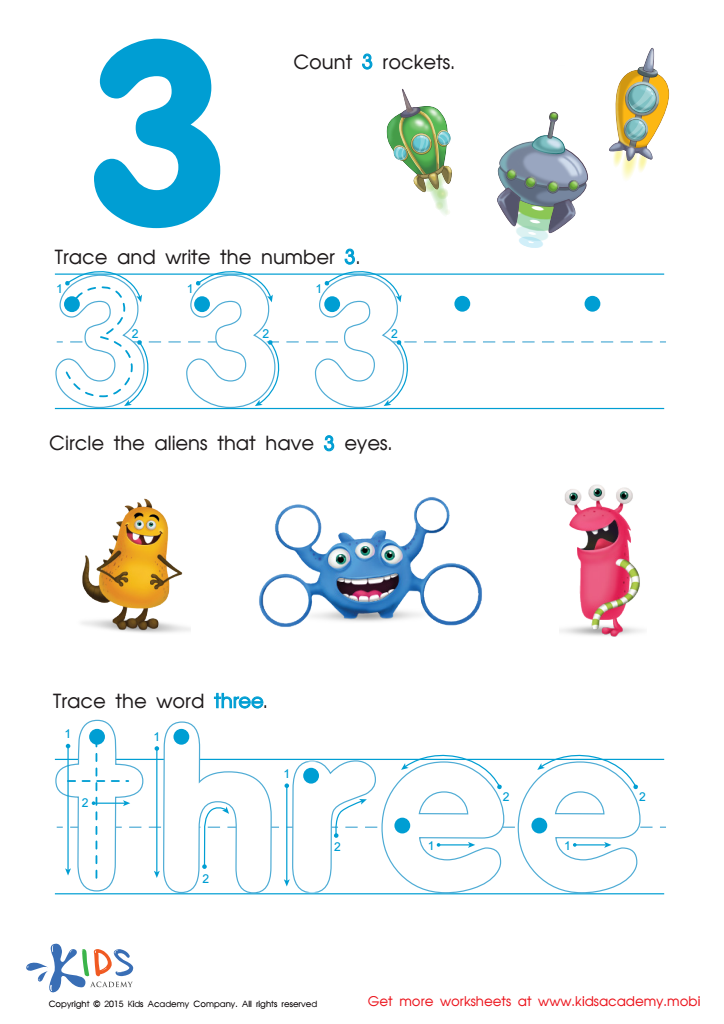

Learning Number Three Worksheet
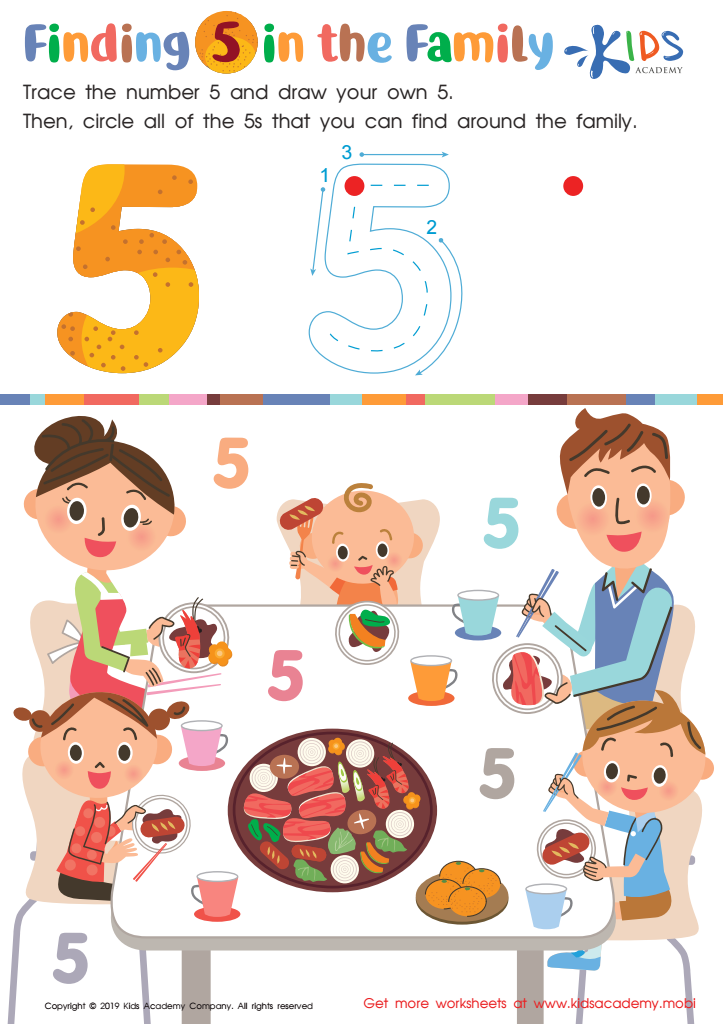

Finding 5 in the Family Worksheet
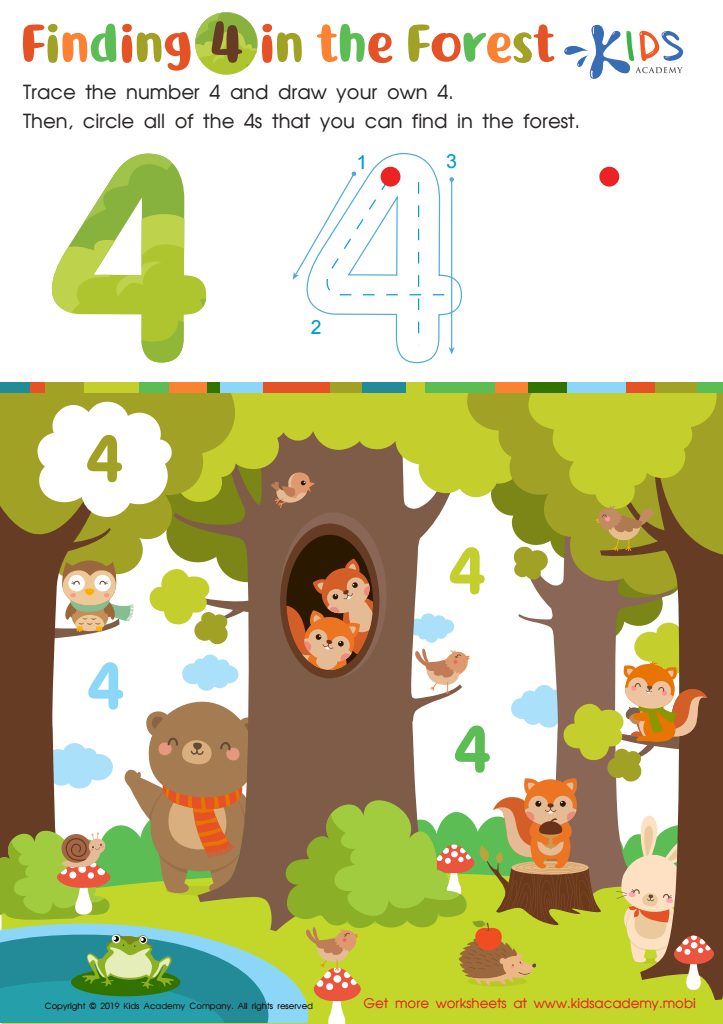

Finding 4 in the Forest Worksheet
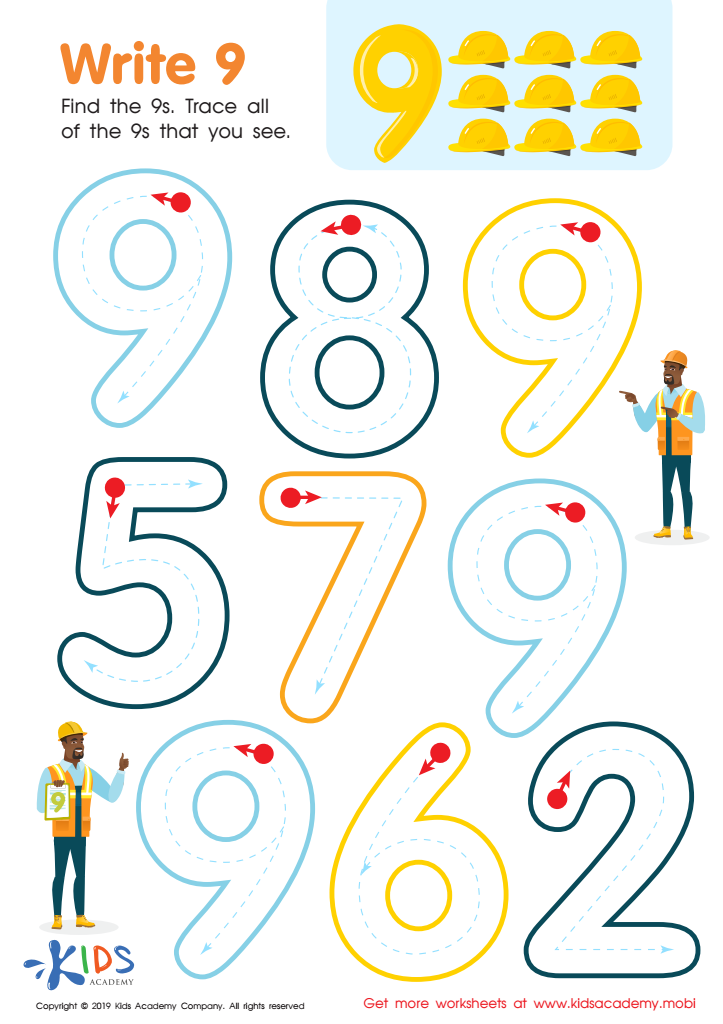

Write 9 Worksheet
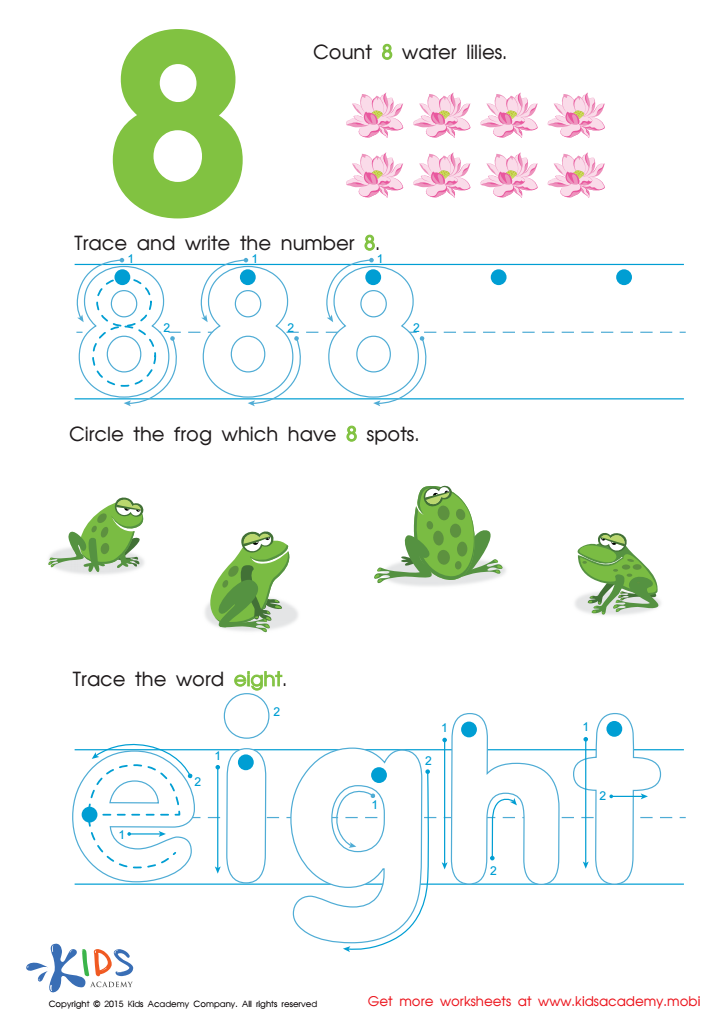

Learn Number 8 Easily Worksheet
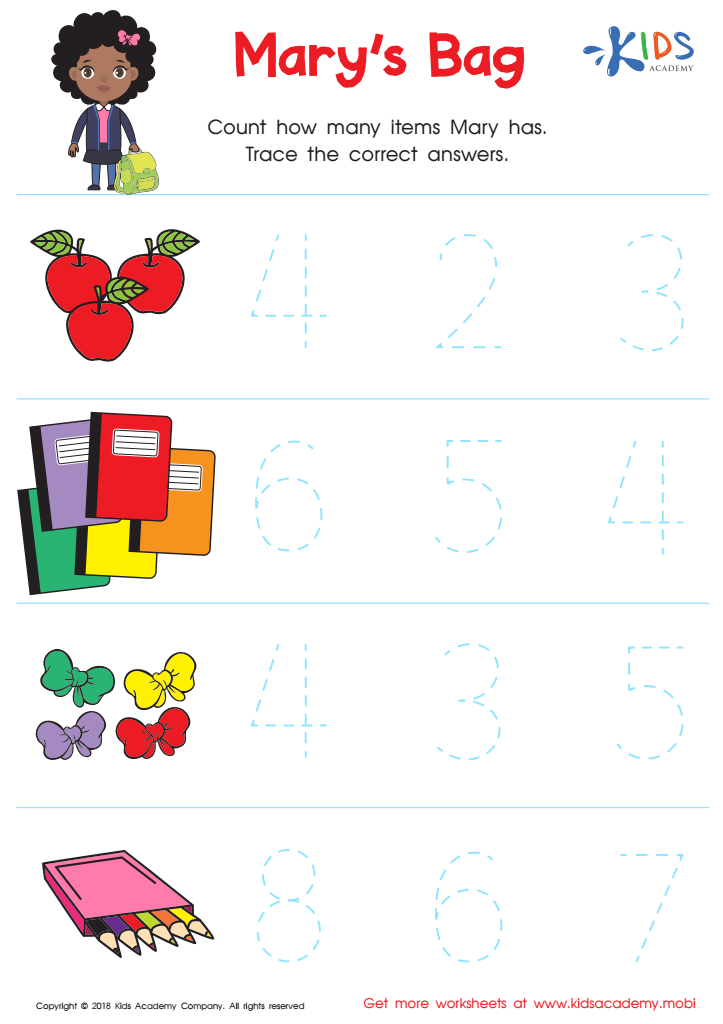

Kindergarten Number Tracing: Mary's Bag Worksheet
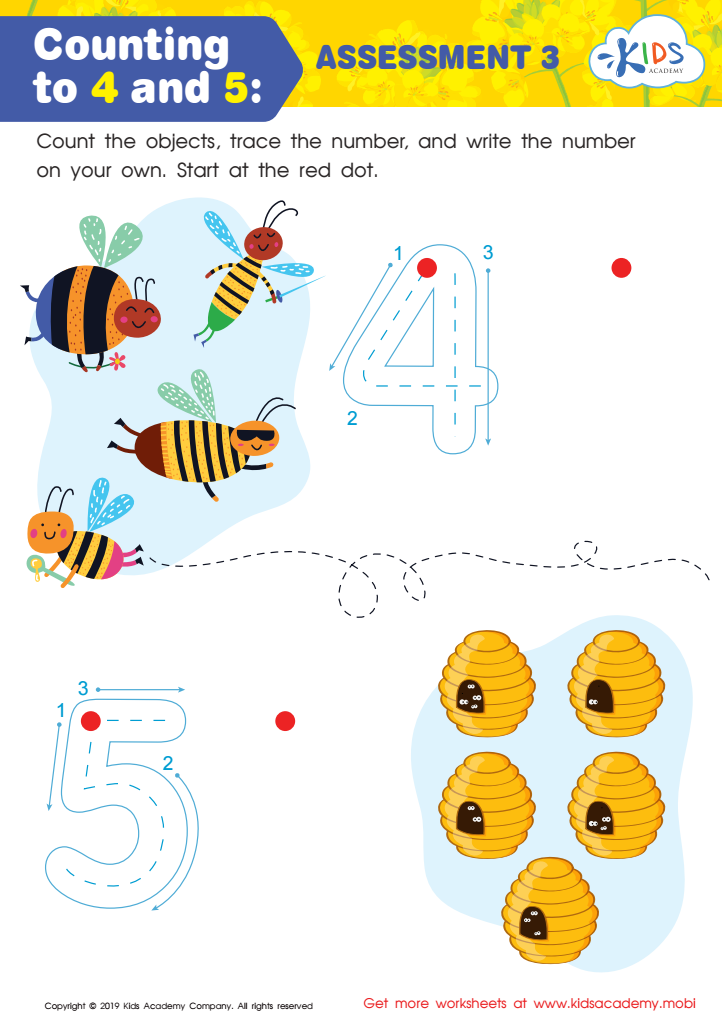

Counting to 4 and 5: Assessment 3 Worksheet
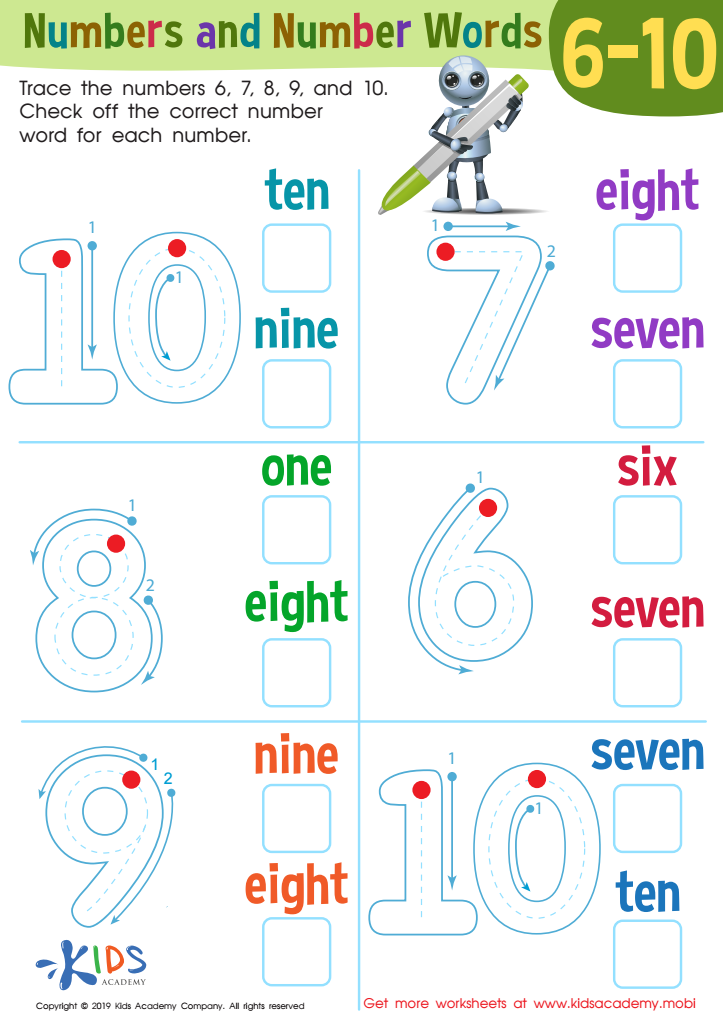

Numbers and Number Words 6–1 Worksheet
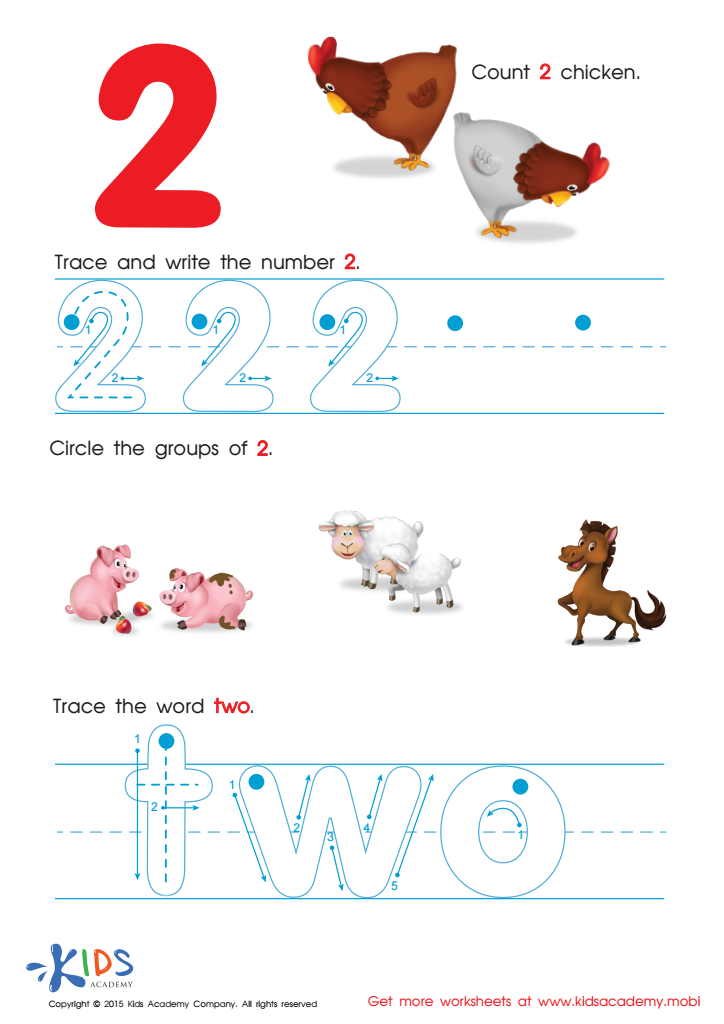

Learn to Write the Number 2 Worksheet
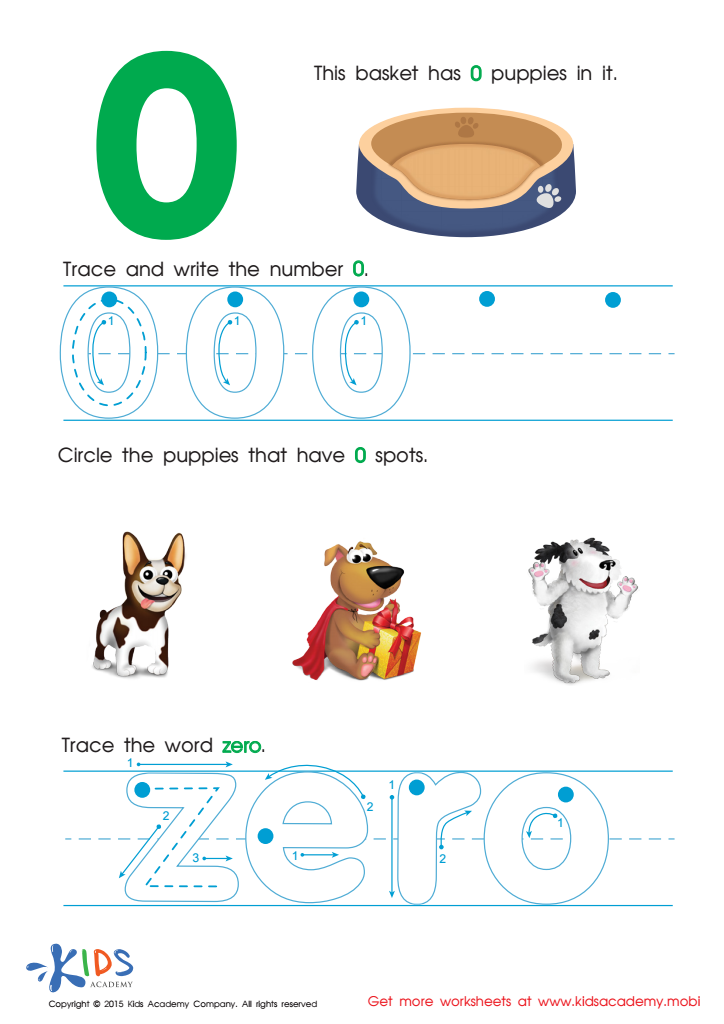

Trace And Write Number 0 Worksheet
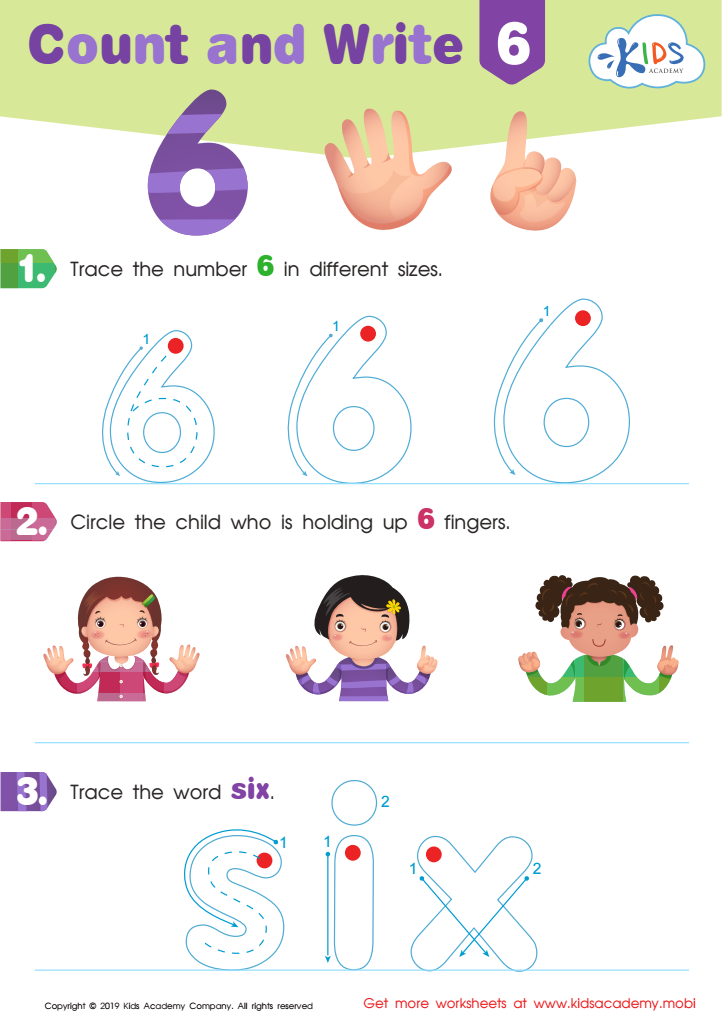

Count and Write 6 Worksheet
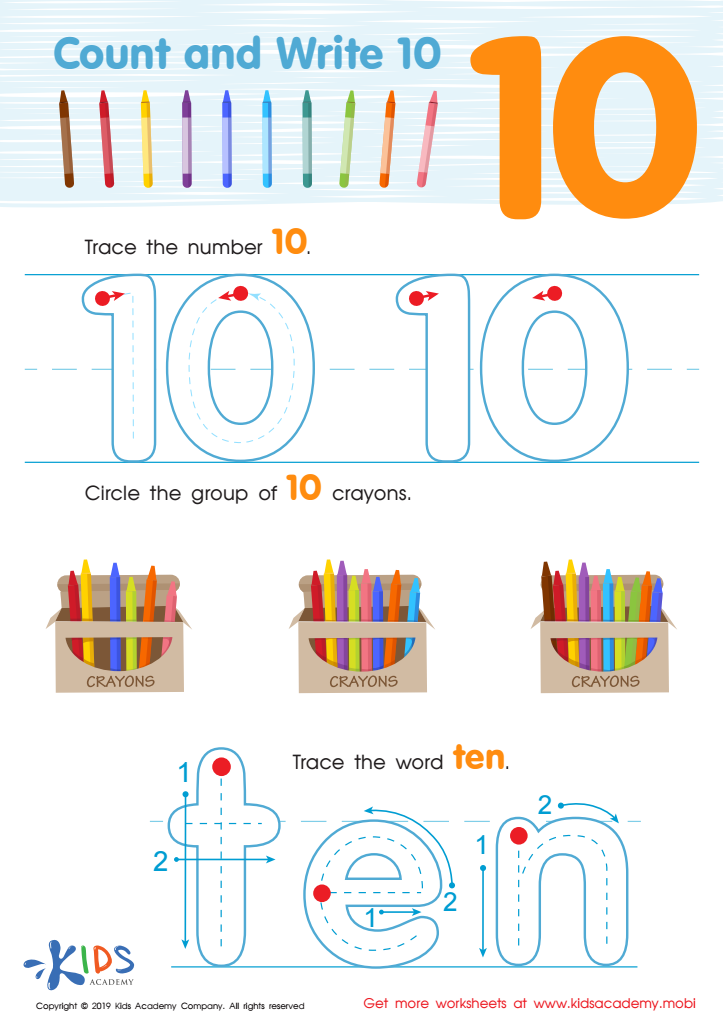

Count and Write 10 Worksheet
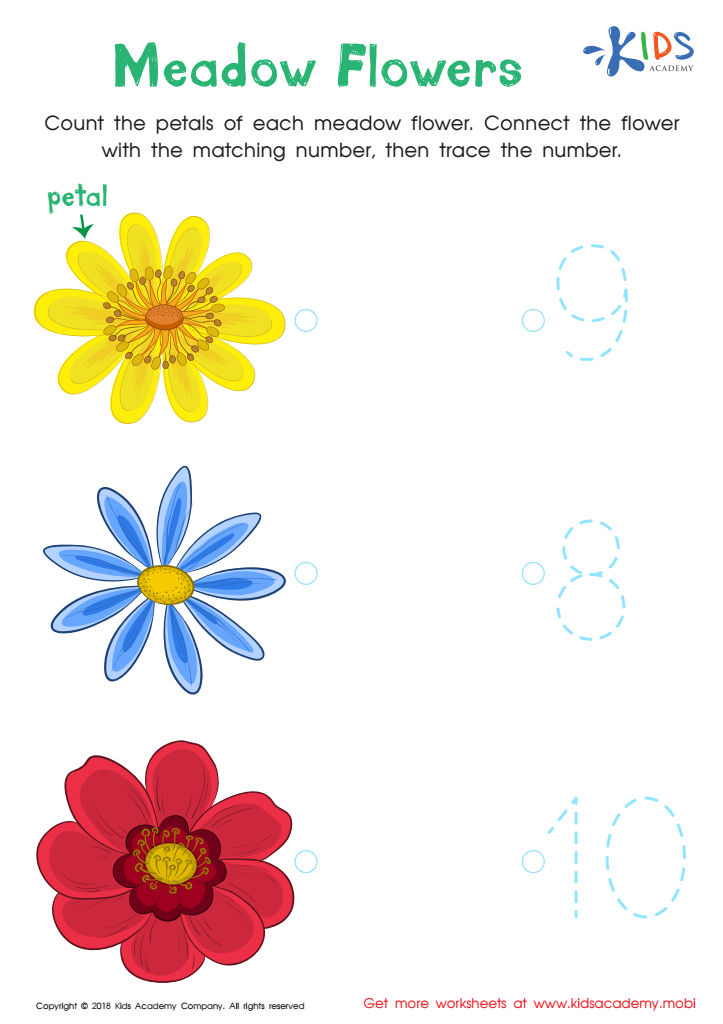

Kindergarten Number Tracing: Medow Flowers Worksheet
Normal Tracing Numbers worksheets activities serve a fundamental role in early childhood education, offering a plethora of benefits that extend far beyond mere number recognition. These activities, designed with the developmental needs of young learners in mind, are instrumental in laying the foundation for a lifetime of mathematical understanding and proficiency.
At the heart of Normal Tracing Numbers worksheets activities is the development of fine motor skills. As children trace numbers, they engage in precise finger and hand movements. This not only strengthens their hand-eye coordination but also prepares them for future writing tasks, ensuring that they can confidently hold and maneuver writing instruments. Such dexterity is critical for academic success and everyday tasks alike.
Moreover, these worksheets introduce children to the concept of numbers in a tangible, interactive manner. By tracing numbers, children begin to understand that these symbols represent quantities and learn to associate the numerical form with its corresponding name. This early exposure to numeracy skills is key to fostering a positive relationship with mathematics, an area often perceived as challenging as students progress through their educational journey.
Additionally, Normal Tracing Numbers worksheets activities support cognitive development. They require concentration and focus, helping young learners to develop their attention spans. Children learn to follow instructions and understand sequences, both essential skills not just in mathematics, but across all areas of learning.
The repetitive nature of tracing also reinforces memory recall. As children repeatedly trace numbers, they are more likely to remember their shapes and the sequence of numbers. This repetition enhances cognitive retention, making it easier for children to progress to more advanced mathematical concepts, such as addition and subtraction.
In conclusion, Normal Tracing Numbers worksheets activities are not just about learning to write numbers. They are a comprehensive educational tool that supports fine motor development, introduces foundational math concepts, aids in cognitive development, and fosters a positive attitude towards learning. These activities are invaluable for preparing young minds for the challenges and opportunities that lie ahead in their academic journeys.
 Assign to the classroom
Assign to the classroom
